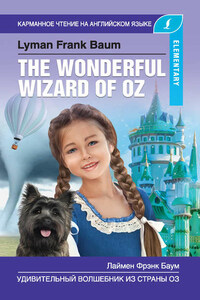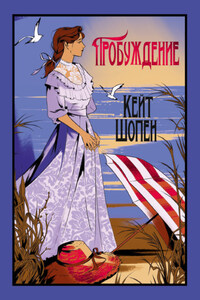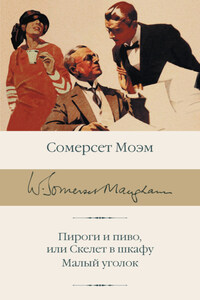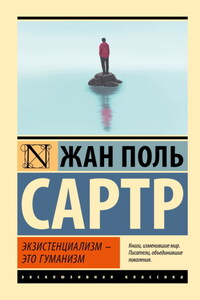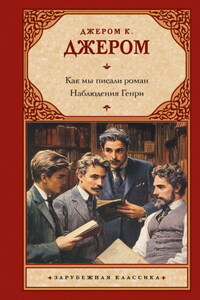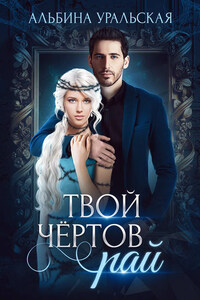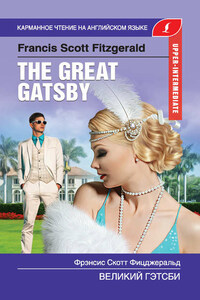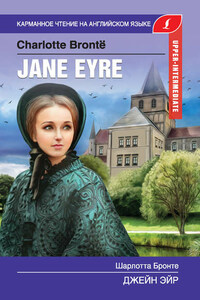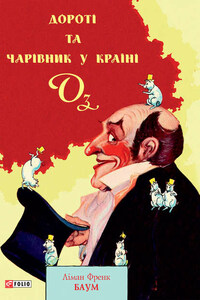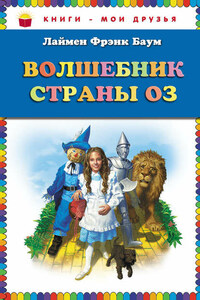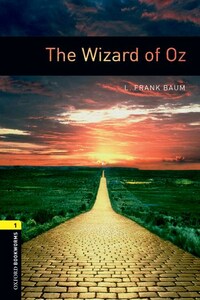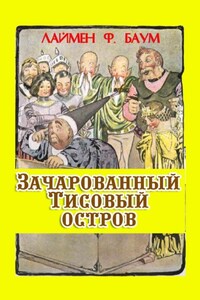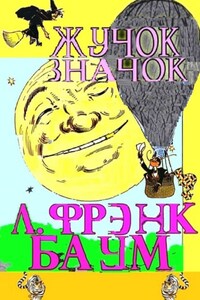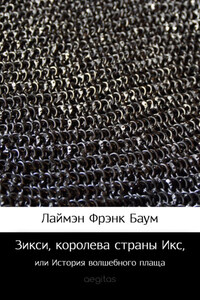Dorothy lived in the middle of the great Kansas prairies, with Uncle Henry, who was a farmer, and Aunt Em, who was the farmer’s wife. Their house was small. There was only one room; and this room contained a rusty cookstove, a cupboard for the dishes, a table, three chairs, and two beds: one big one for the Uncle and Aunt and one small one for Dorothy. There was no attic, but there was a small hole dug in the ground, called a cyclone cellar. That’s where the family could go in case one of those great whirlwinds happened.
There was nothing but the great gray prairie on every side, not a tree nor a house; just flat country that reached to the edge of the sky in all directions. The earth was gray and dry, with little cracks running through it. Even the grass was not green, burned by the sun to be the same gray color. Once the house had been painted, but now it was as dull and gray as everything else.
When Aunt Em first came here, she was young and pretty. The sun and wind had changed her, too, and turned her gray. She was thin, and never smiled now. When Dorothy, who was an orphan, first came to her, Aunt Em was always scared by the child’s laughter and would scream and press her hand to her chest.
Uncle Henry never laughed. He worked hard from morning till night and did not know what joy was. He was gray also, from his long beard to his rough boots.
It was Toto that made Dorothy laugh, and saved her from becoming gray. Toto was a little black dog, with silky fur and small black eyes. Toto played all day long, and Dorothy played with him. She loved him very much.
Today, however, they were not playing. Uncle Henry sat upon the doorstep and looked anxiously at the sky. It was even grayer than usual. Dorothy held Toto in her arms, and looked at the sky too. Aunt Em was washing the dishes.
They heard a low wail of the wind in the north. Then came a sharp whistling from the south.
Suddenly Uncle Henry stood up.
“There’s a cyclone coming, Em,” he called to his wife. “I’ll go look after the stock.” Then he ran toward the sheds where the cows and horses were kept.
Aunt Em dropped her work and came to the door. “Quick, Dorothy!” she screamed. “Run for the cellar!”
Toto jumped out of Dorothy’s arms and hid under the bed, and the girl ran to get him. Aunt Em was very afraid. She threw open the trap door in the floor and climbed down the ladder into the small, dark hole. Dorothy caught Toto at last and ran to do the same. When she was halfway across the room, the house shook so hard that she fell down.
Then a strange thing happened.
The house whirled around two or three times and rose slowly through the air. Dorothy felt as if she were going up in a balloon.
The house was in the exact center of the cyclone. The great pressure of the wind on every side of the house raised it up higher and higher, until it was at the very top of the cyclone, which carried it as easily as a feather.
It was very dark, and the wind howled horribly. However, Dorothy thought it wasn’t so bad. She felt as if she were being rocked gently, like a baby in a cradle.
Toto did not like it. He ran about the room, barking loudly.
Hour after hour passed away. Dorothy wondered if she would be dashed to pieces when the house fell again. But hours passed and nothing terrible happened. She stopped worrying and decided to wait calmly. Eventually, she crept to her bed, and lay down upon it; and Toto followed and lay down beside her.
Dorothy soon closed her eyes and fell asleep.
Chapter 2
The Council with the Munchkins
She was awakened by a jolt. If Dorothy had not been lying on the soft bed she might have been hurt. Toto put his cold little nose into her face and whined terribly.
Dorothy sat up and noticed that the house was not moving. Bright sunshine came in at the window. She got up from her bed and with Toto at her heels ran and opened the door.
The little girl gave a cry of amazement and looked about her. The cyclone had set the house down in the middle of a beautiful country. There were green plants and flowers everywhere, and trees with fruit on them.
While she was looking at the strange and beautiful sights, she noticed something. Towards her was walking a group of the strangest people she had ever seen. They were all very small. In fact, they seemed about as tall as Dorothy, although they looked much older.
Three of them were men and one was a woman. They all wore tall pointy hats, with little bells around the brims that tinkled sweetly as they moved. The hats of the men were blue; the little woman’s hat was white, and she wore a white pleated dress. The men were dressed in blue, the same shade as their hats, and wore well-polished boots. The men, Dorothy thought, were about as old as Uncle Henry, for two of them had beards. But the little woman was much older. Her face was covered with wrinkles and her hair was nearly white.
When they got near the house where Dorothy was standing in the doorway, they paused and whispered among themselves, as if afraid to come farther. But the little old woman walked up to Dorothy, made a low bow and said, in a sweet voice:
